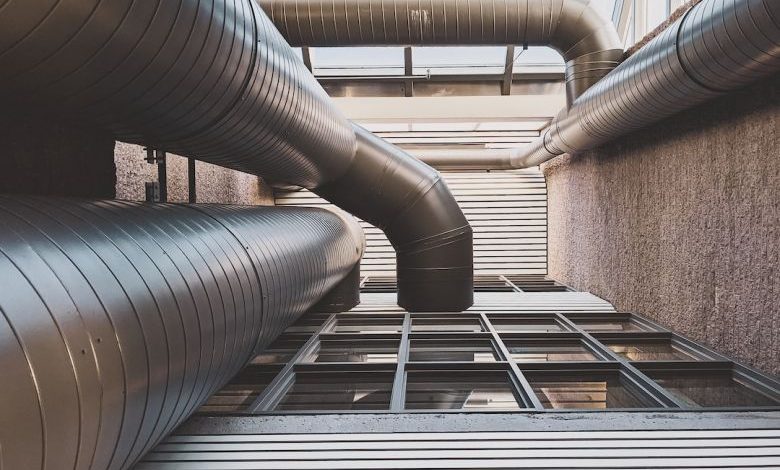What Factors to Consider When Installing a New Heating System?

Choosing the right heating system for your home is an important decision. With so many options available in the market, it can be overwhelming to determine which one is best suited for your needs. However, by considering a few key factors, you can ensure that you make an informed decision when installing a new heating system. In this article, we will discuss these factors in detail to help you make the right choice.
1. Fuel Source
The first factor to consider when installing a new heating system is the fuel source. There are several options available, including natural gas, oil, electricity, and even renewable energy sources such as solar power. Each fuel source has its own advantages and disadvantages. Natural gas is often the most cost-effective option, while oil may be preferred in areas without access to a natural gas supply. Electricity can be convenient but is often more expensive. Renewable energy sources are environmentally friendly but may require a larger upfront investment. Consider the availability, cost, and environmental impact of each fuel source before making a decision.
2. Energy Efficiency
Energy efficiency should also be a top consideration when choosing a heating system. High-efficiency systems can help reduce energy consumption and lower utility bills. Look for systems with a high Annual Fuel Utilization Efficiency (AFUE) rating for furnaces or a high Seasonal Energy Efficiency Ratio (SEER) rating for heat pumps and air conditioners. Energy Star certified systems are a good indicator of energy efficiency. Additionally, consider the insulation and sealing of your home, as a well-insulated and airtight house can further improve energy efficiency.
3. Heating Capacity
The heating capacity of a system is another important factor to consider. The size of your home, climate, and insulation levels will determine the heating capacity needed. An undersized system may struggle to keep your home warm, while an oversized system can lead to inefficient operation and higher energy bills. Consult with a heating professional to determine the right heating capacity for your specific needs.
4. System Type
There are various types of heating systems available, each with its own unique features and benefits. The most common types include furnaces, boilers, heat pumps, and radiant heating systems. Furnaces use forced-air distribution to heat the home, while boilers circulate hot water or steam through radiators or baseboard heaters. Heat pumps provide both heating and cooling, making them a versatile option. Radiant heating systems, such as underfloor heating, provide consistent warmth throughout the home. Consider the pros and cons of each system type and choose one that aligns with your preferences and requirements.
5. Cost
Cost is a significant consideration when installing a new heating system. Not only should you consider the upfront cost of the system, but also the long-term operating costs. Take into account the cost of fuel, maintenance, and repairs over the system’s lifespan. While it may be tempting to choose the cheapest option, it is important to balance cost with performance and energy efficiency.
6. Maintenance and Repairs
Regular maintenance is crucial for the optimal performance and longevity of your heating system. Some systems require more maintenance than others, so consider the time and effort required to keep the system running smoothly. Additionally, research the availability and cost of parts and repairs for the system you choose. Opting for a well-known brand with a reliable service network can save you time and money on repairs in the long run.
In conclusion, installing a new heating system requires careful consideration of several key factors. By assessing the fuel source, energy efficiency, heating capacity, system type, cost, and maintenance requirements, you can make an informed decision that suits your needs and preferences. Remember to consult with a heating professional for expert advice and recommendations tailored to your specific circumstances. With the right heating system in place, you can enjoy a comfortable and energy-efficient home for years to come.




